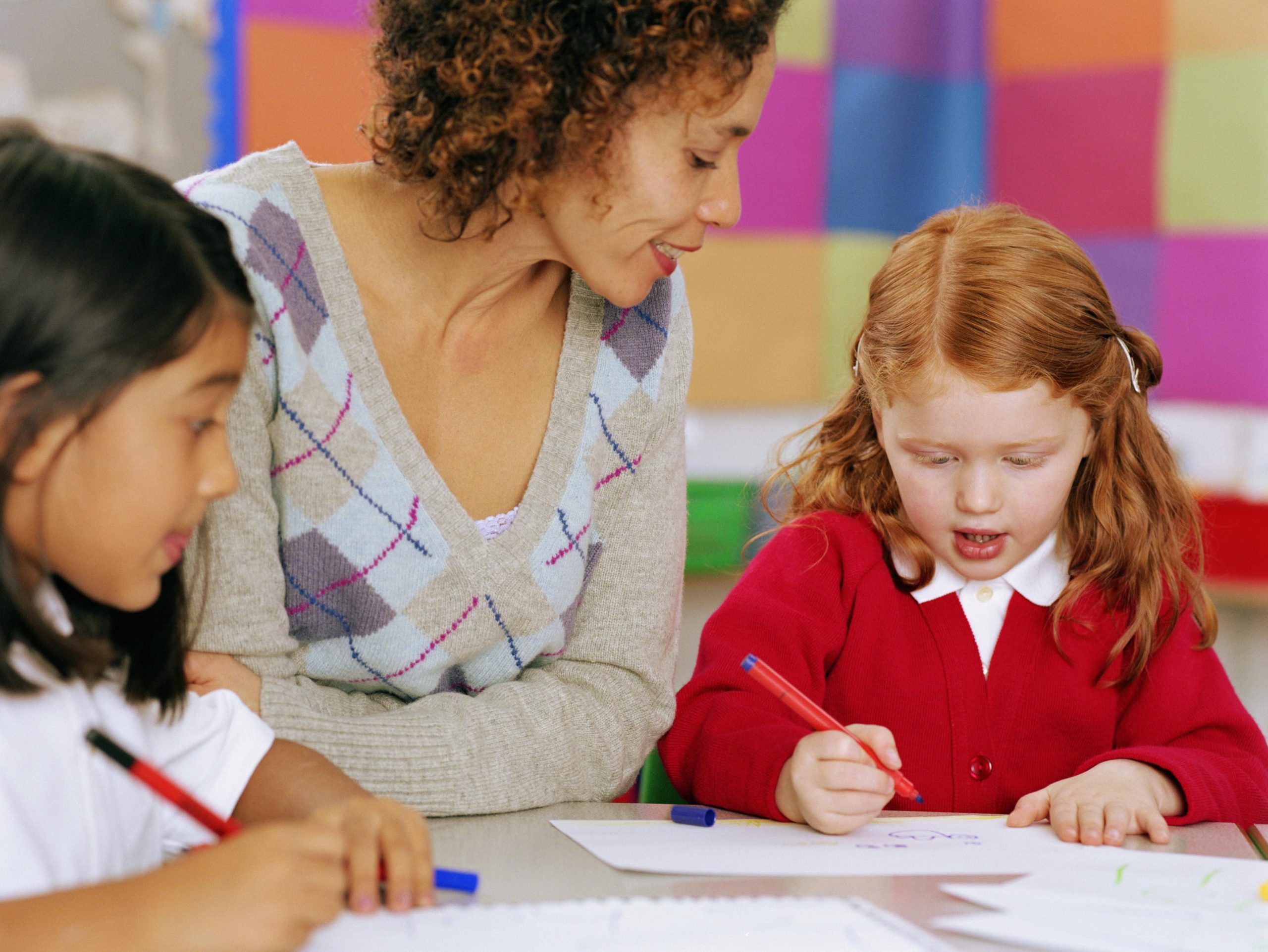Educational treatments had given in a classroom setting. TEACCH approach is one of the types of autism educational therapy services. It is based on people with autism thriving on visual learning and consistency. Children with autism have free educational therapy.
Educational therapy ensures that children diagnosed with conditions and disabilities, including:
- autism spectrum disorder (ASD)
- free educational services
- educational devices
All these can help children with autism learn as much as they can. The NICHD-funded researchers incorporated communications interventions for children with autism in the classroom setting with a successful result.
Types of educational therapy for children with ASD
- Special education. The special education teachers will target areas of academics to all grade levels. It targets their specific needs and goals outlined in the child’s IEP (Individualized Education Program) and advanced skills to:
- Math
- Reading
- Writing
Children with autism can also learn these academics. Although children with ASD don’t have the same learning capabilities as normal children, they can still adapt to these academics. There are special instructions used to target the specific needs of the child.
- BIS. It stands for Behavior Intervention Services, a direct service performed by the therapist through implementing behavior support strategies:
- Reduce interfering behavior
- Build various skills
The skills include:
- Functional communication. It is a means for a child independently and spontaneously communicate according to wants and needs as well as to socialize with others. Communication occurs through various forms, such as:
- Speech
- Picture exchange
- Gestures
- Sign language
- Assistive devices
- Academic skills. Communication and social skills as well as reading comprehension skills with ASD. Some studies recommend that increased EF (executive function) skills contribute to the development and acquisition of academic skills.
- Daily living skills. These are skills used in daily life. These are activities at school, at home, community, or at work, such as:
- Cooking
- Cleaning
- using money
- Exercising
- getting around
All these are considered daily living skills; interchange supports with daily living skills.
- Social/emotional skills. Children with autism have difficulty with SEL (Social Emotional Learning). Social and Emotional Learning includes:
- social awareness
- understanding perspectives
- initiating social interactions
- controlling emotions
- engaging in conversations
All of these are taught under social and emotional skills therapy. Children with autism understandably have difficulty in their social life. It means that children with ASD find difficulty in their social life.
All these educational therapy services are helpful and let children with ASD feel like they have no disability.



